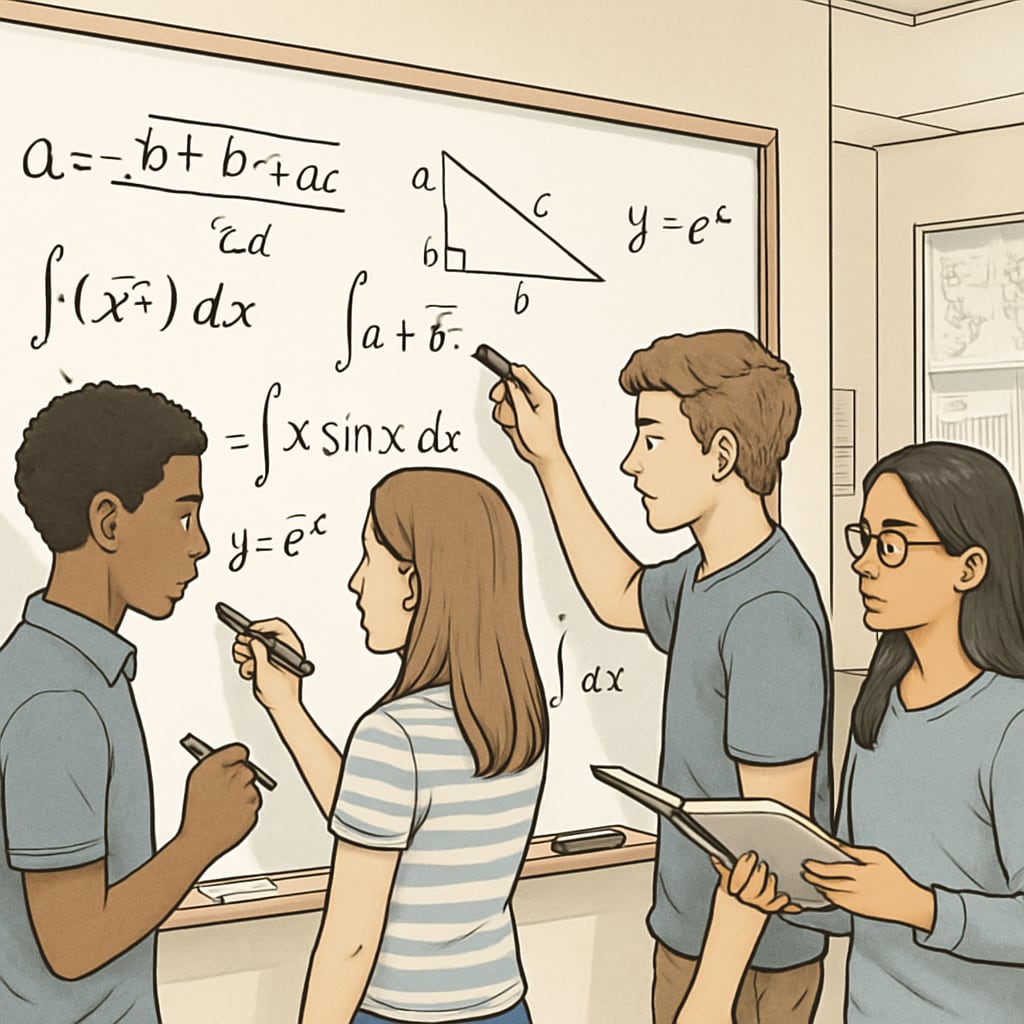Achieving outstanding academic performance is a significant accomplishment, but transitioning from excellence to true greatness requires deliberate effort. For K12 students who have already shown exceptional abilities, the journey toward deeper academic development often involves expanding reading skills, advancing in mathematics, and setting clear career goals. This article provides a roadmap for such students, particularly those with aspirations in high-stakes fields like neurosurgery. By focusing on reading enhancement, mathematical depth, and professional planning, students can elevate their academic potential to the next level.
Expanding Reading Skills: The Foundation of Academic Excellence
Strong reading skills are the cornerstone of academic success. To deepen these skills, students should move beyond basic comprehension and focus on analytical and critical thinking abilities. Reading a diverse range of materials, from classic literature to advanced scientific journals, helps foster intellectual curiosity and enhances the ability to synthesize complex ideas.
- Engage with challenging texts: Select books and articles that push the boundaries of your current understanding.
- Develop active reading habits: Annotate key points, ask questions, and summarize the material in your own words.
- Explore interdisciplinary subjects: For example, students interested in neurosurgery can benefit from reading about both biology and psychology.
For further exploration, consider accessing resources like Encyclopaedia Britannica to dive into detailed academic topics or Wikipedia’s guide on reading comprehension to refine your strategies.

Advanced Mathematics: The Key to Problem-Solving Mastery
Mathematics is not just about numbers; it’s about cultivating critical thinking and problem-solving skills. High-performing students should aim to go beyond their school curriculum and explore more advanced mathematical concepts, such as calculus, linear algebra, and probability theory. These skills are especially valuable for students aspiring to enter technical or medical fields.
- Challenge yourself with competitions: Participate in math Olympiads or local contests to test and refine your skills.
- Learn real-world applications: Understand how mathematical concepts apply to fields like medicine, engineering, or economics.
- Use online platforms: Websites like Khan Academy and Brilliant.org offer free resources for students to explore advanced topics.
Moreover, integrating mathematics with other disciplines, such as physics or statistics, can provide a more comprehensive understanding of its applications. This interdisciplinary approach is particularly relevant for students interested in neurosurgery, where data analysis plays a critical role in research and diagnostics.

Career Planning: Pathways to Neurosurgery
For students who aspire to become neurosurgeons, early career planning is essential. Neurosurgery demands not only academic excellence but also a long-term commitment to mastering medical knowledge and surgical techniques. To prepare for this challenging yet rewarding career, students can take the following steps:
- Focus on STEM subjects: Build a strong foundation in biology, chemistry, physics, and math.
- Gain early exposure: Seek internships or shadowing opportunities with medical professionals to understand the field better.
- Develop soft skills: Leadership, communication, and resilience are equally important for long-term success in medicine.
Additionally, students should explore pre-med programs and research opportunities during their undergraduate years to strengthen their profiles for medical school applications. Resources like the Association of American Medical Colleges provide valuable guidance for aspiring medical professionals.
Final Thoughts: Achieving academic excellence is only the beginning. By focusing on reading, mathematics, and career planning, students can unlock their full potential and set themselves on a path to greatness. Whether your goal is to become a neurosurgeon or excel in another field, the principles outlined in this guide can help you take meaningful steps toward your dreams.
Readability guidance: Use short paragraphs and bullet points to summarize key ideas. Maintain an active voice and incorporate transitional words like “however,” “therefore,” and “in addition” to improve the flow of the article.


